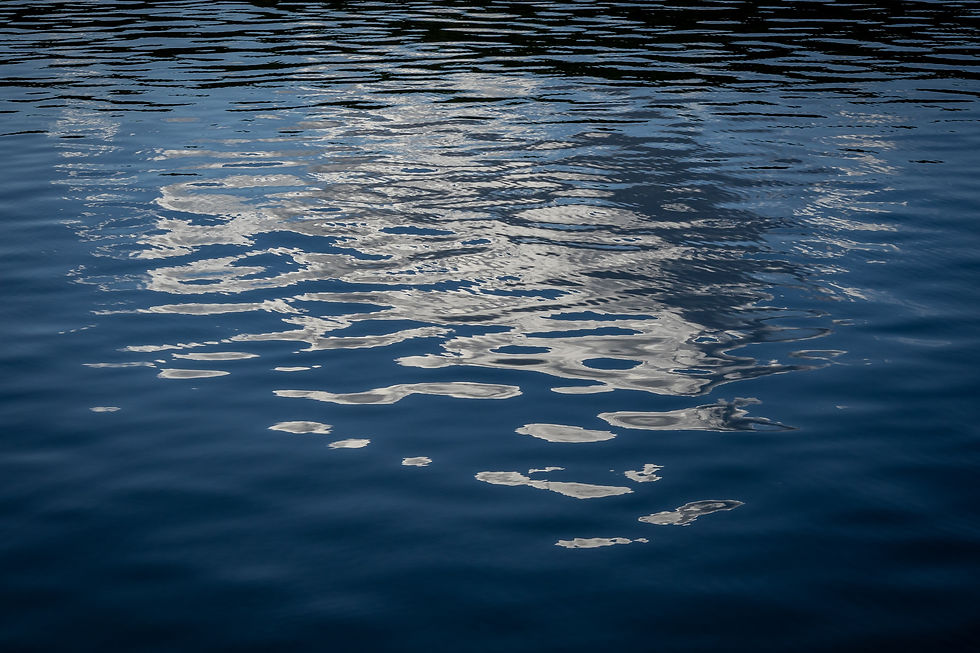

Asphyxie
Carnet de bord 07 de l'Expédition Bleue
By William Gagnon
Building engineer LEED AP BD+C, LEED AP ND, LFA, ECO Canada EPt
Environment | Society | Case file
Ecoanxiety and the ecological grief, the new state of mind
Imagine you are walking through a forest by yourself in the woods, with your earphones on, lost into some deep thoughts. Suddenly, a bear appears a few metres ahead and it’s running towards you. Your body gears into a reaction, survival mode that we call fight or flight. This is how various animals fled from predators, and survived. This fight or flight mode is a constructive unpleasant emotion : it’s allowed us to evolve and survive up to this day.
Now you’re on the bus home reading the news. Melting glacier. Rising sea levels. Increasing carbon dioxide levels, and politicians stalling more than ever. You’re getting this very uncomfortable feeling. Depressed, anxious, sad, outraged : Ecoanxiety is also a Constructive Unpleasant Emotion; but you need to know what to do with it. However uncomfortable it might make us feel, however annoying it might be (we have a strong tendency to avoid thinking about it), we as a species need to figure out ways to react to it. It might just save our existence on this planet.
Watching the slow and seemingly irrevocable impacts of climate change unfold, and worrying about the future for oneself, children, and later generations, may be an additional source of stress (Searle & Gow, 2010). Albrecht (2011) and others have termed this anxiety ecoanxiety. Qualitative research provides evidence that some people are deeply affected by feelings of loss, helplessness, and frustration due to their inability to feel like they are making a difference in stopping climate change (Moser, 2013).
Now humans are faced with the threat of extinction -- yet we are slow at running away from the danger. We are bombarded with negative news on a daily basis and this is causing a lot of anxiety. We are slowly building a set of emotions that is helping us as a species survive this existential threat, and ecoanxiety is one of them: it’s a constructive unpleasant emotion, if you know how to channel it.
Some of us have an easier time expressing it, like Greta Thunberg; she is very open about her Asperger’s syndrome that allows her to see only black and white. In her TED talk, she explains that it is one of the reasons why she is speaking up about climate change.

Viridiana, Biologiste marine et spécialiste des communications, est entrain de faire de l'observation active de mammifères marins. Elle cherche attentivement des souffles à la surface.
«
Devant l’immensité,
loin du quotidien,
on se demande que deviendrons-nous, est-il trop tard,
pouvons-nous inverser le courant?
»



Il reste des lueurs. On pense au phytoplancton. Sa capacité à transformer l’énergie du soleil et le dioxyde de carbone en oxygène, cette essence vitale. On se questionne. Le retour à l’homéostasie est-il encore possible ? Comment la rétablir ?
Il suffirait de ralentir. Apprendre à cohabiter en symbiose. Cesser d’exploiter aveuglément nos ressources, de surconsommer, le temps que le monde s’ajuste.
Le temps que le Saint-Laurent reprenne son souffle.


